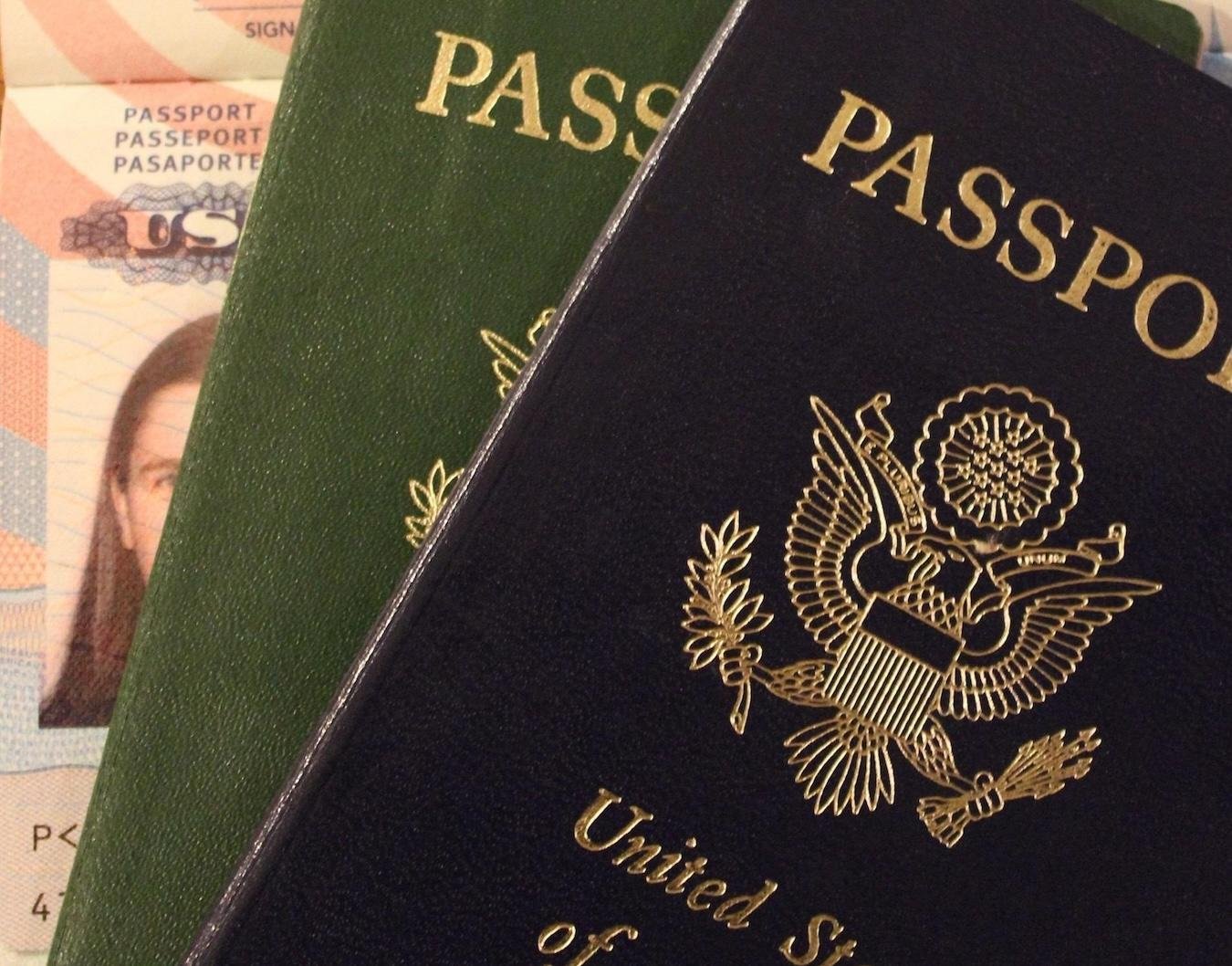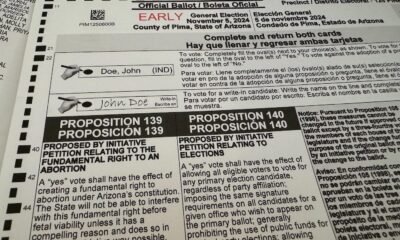family
Trump’s Challenge to Birthright Citizenship Reaches Supreme Court

For over 150 years, individuals born on U.S. soil automatically received citizenship, irrespective of their parents’ immigration status. This deeply rooted precedent is now under threat due to President Donald Trump’s executive order, issued in January 2025, which stipulates that children born in the U.S. to undocumented parents or non-permanent residents cannot attain citizenship.
The Supreme Court is scheduled to hear arguments on this contentious issue on May 15, 2025. This follows federal judges in Maryland, Massachusetts, and Washington who ruled against Trump’s order, asserting that constitutional changes cannot be made via executive action.
The Trump administration contends that previous interpretations of the 14th Amendment’s citizenship clause have been incorrect. However, their emergency appeal is asking the Supreme Court to limit the federal judges’ rulings, potentially affecting a broader population of noncitizens beyond the named plaintiffs in the cases.
The scope of presidential powers in immigration enforcement remains significant, especially when framed as a national security concern. Nonetheless, constitutional scholars argue that the president’s authority is bound by federal laws, emphasizing that citizenship is a constitutional right that cannot be altered unilaterally.
The 14th Amendment, ratified in 1868, explicitly grants citizenship to “all persons born or naturalized in the United States.” Currently, there are exceptions for the children of foreign diplomats and those of wartime enemies occupying U.S. territory. Trump’s order introduces a controversial third exception, disrupting the longstanding norm of birthright citizenship.
Since the executive order was enacted, numerous legal challenges have emerged from states, cities, and immigrant rights organizations, contesting the constitutionality of denying citizenship to U.S.-born children. If fully enacted, this policy could leave hundreds of thousands of newborns stateless, jeopardizing their access to basic rights, healthcare, and education.
The historical context of the 14th Amendment underscores its purpose: ensuring citizenship for freed slaves and their descendants, preventing states from denying citizenship. A pivotal case in 1898 involved Wong Kim Ark, a U.S.-born citizen denied entry due to discriminatory immigration laws. The Supreme Court ruled in his favor, reinforcing the principle of “jus soli”—automatic citizenship for those born on U.S. soil.
Legislative history, including the Immigration and Nationality Act of 1952, further supports the notion that birthright citizenship extends to children of all immigrants. In a notable 1995 evaluation, the Department of Justice deemed legislation aimed at restricting birthright citizenship unconstitutional—a stance reaffirmed in subsequent Supreme Court rulings.
As the Supreme Court prepares to deliberate on the executive order’s implications, the crux of the matter revolves around the interpretation of “subject to the jurisdiction thereof” in the 14th Amendment. The Trump administration’s claim that this phrase excludes children of undocumented and temporarily residing immigrants harkens back to outdated arguments previously dismissed by the court.
Three federal judges have already indicated that Trump’s order may be unconstitutional. As they uphold historical interpretations of citizenship, the appellate courts have denied requests to modify the injunctions against the executive order. The upcoming Supreme Court ruling will be pivotal, determining the future of birthright citizenship in the U.S. and the ramifications for countless lives caught in the balance.


















